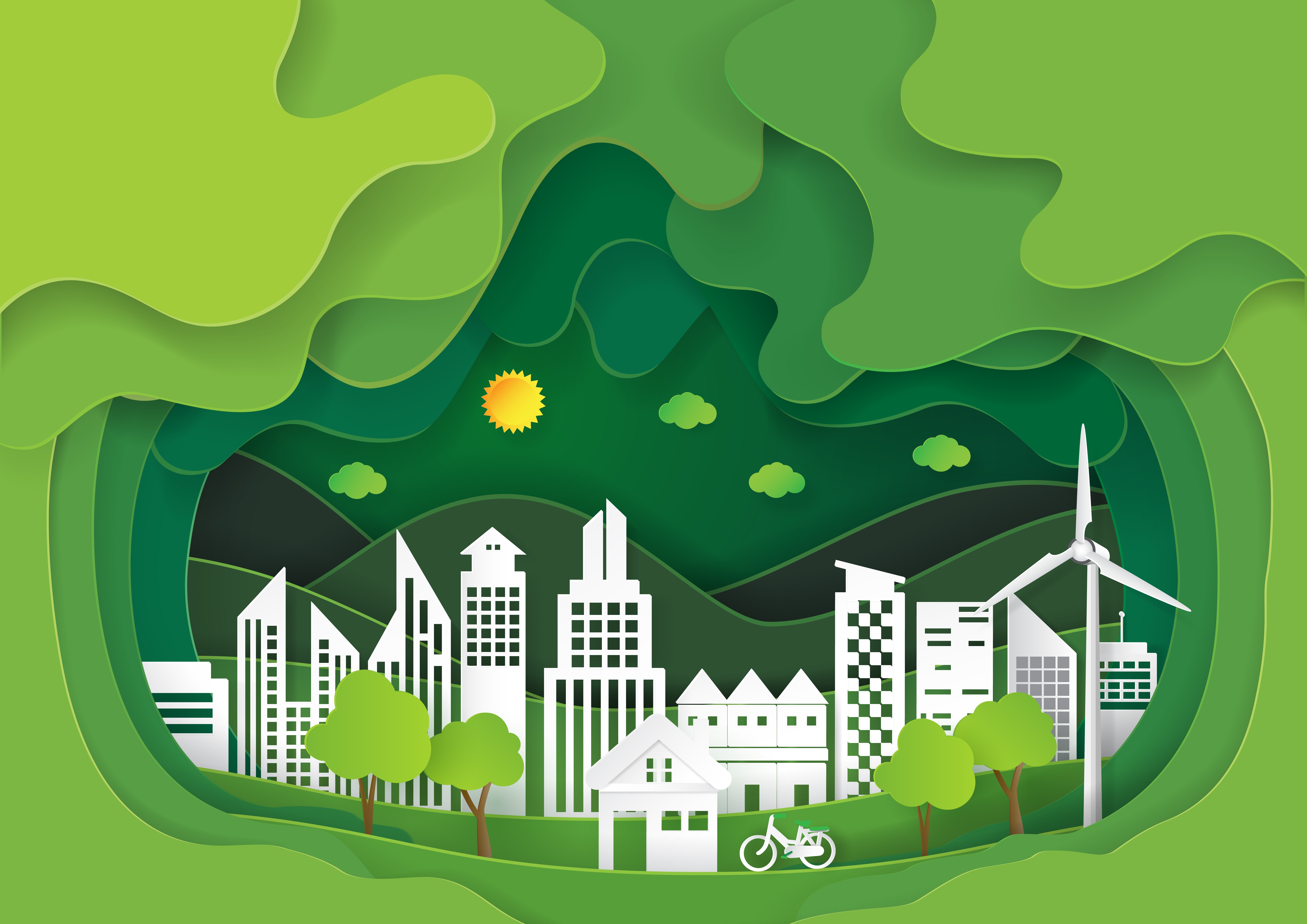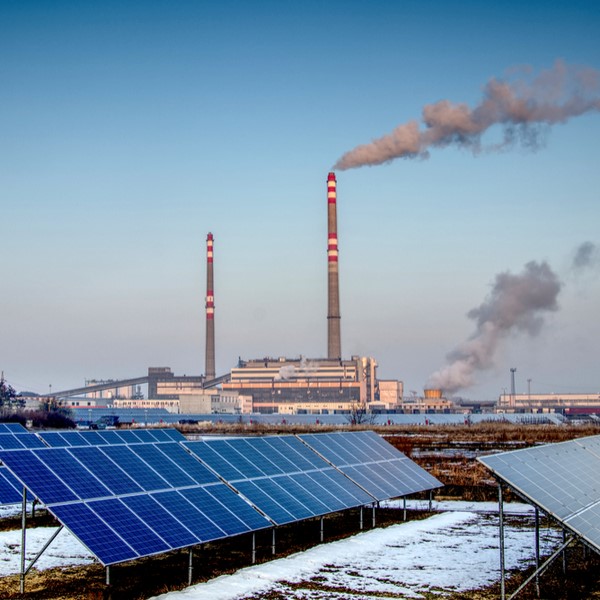Posted by: Hector Pollitt
Publish date: June 25, 2018 | 3:46pm25/6/2018

The momentum behind technological change in the global power and transportation sectors is overwhelming.
Our analysis, published in Nature Climate Change, suggests that between $1tn and $4tn could be wiped off the value of global fossil fuel assets by 2035.
This dramatic declin…

Jean-Francois is lead author of Macroeconomic impact of stranded fossil fuel assets, published in Nature Climate Change last week.
The report highlights the significant macroeconomic and geopolitical consequences of continued investment in fossil fuels. He is our guest blogge…
Posted by: Hector Pollitt
Publish date: May 29, 2018 | 9:04am29/5/2018

The concept of environmental tax reform is not new and is core to environmental economics, but is it compatible with Modern Monetary Theory?
Environmental taxes aim to raise revenues for government, while at the same time discouraging behaviour that damages the environment. Examp…

Unlike most other macroeconomic models, ours (E3ME) includes endogenous money as a core feature (including borrowing by government).
This difference is important because it allows us to best predict outcomes that might be encountered by our clients. Find out how…
We get a lot …
Posted by: Hector Pollitt
Publish date: April 24, 2018 | 3:18pm24/4/2018

Hector Pollitt, our Head of Modelling, explores: what is macroeconomic modelling? And why do we do it?
“I am not a fan of economic models because they have all proven wrong.”* David Davis MP, Secretary of State for Exiting the EU, December 2017. Is this the case? Is it reas…
Posted by: Hector Pollitt
Publish date: February 21, 2018 | 1:11pm21/2/2018

When President Trump announced a tariff on imports of solar panels we immediately ran some figures through our macroeconomic model to assess the impact that the policy might have on the US energy system.
Our analysis shows that Trump’s tariff on solar panel imports, which came…
Posted by: Hector Pollitt
Publish date: January 23, 2018 | 12:14pm23/1/2018

How will increased robotisation affect income, production and consumption? Will society benefit from the transition to automation in the long-run? Are humans destined for redundancy and poverty?
In his second blogpost on this subject our Director, Hector Pollitt explains why econ…
Posted by: Richard Lewney
Publish date: December 13, 2017 | 9:55am13/12/2017

How should economists operate in a politically charged climate? Is our role to put forward a ‘balanced’ view?
Richard Lewney, our Chairman, argues that by not putting forward an opinion we leave our job half-done.
Cambridge Econometrics recently attracted social media reactio…
Posted by: Hector Pollitt
Publish date: December 6, 2017 | 2:47pm6/12/2017

Could robots bring about the downfall of capitalism? Will some humans become totally redundant or will workers simply find jobs in other sectors?
Hector Pollitt explains why scenarios currently being assessed at Cambridge Econometrics are pretty pessimistic as far as jobs are con…
Posted by: Hector Pollitt
Publish date: November 23, 2017 | 4:47pm23/11/2017

It’s been a week since the Conference of the Parties (COP) in Bonn, so it must be time to start thinking about Christmas (or in my case this year, my wedding!). But before moving on completely it is worth spending some time reflecting on the events of the last few weeks.
COP23 wa…









